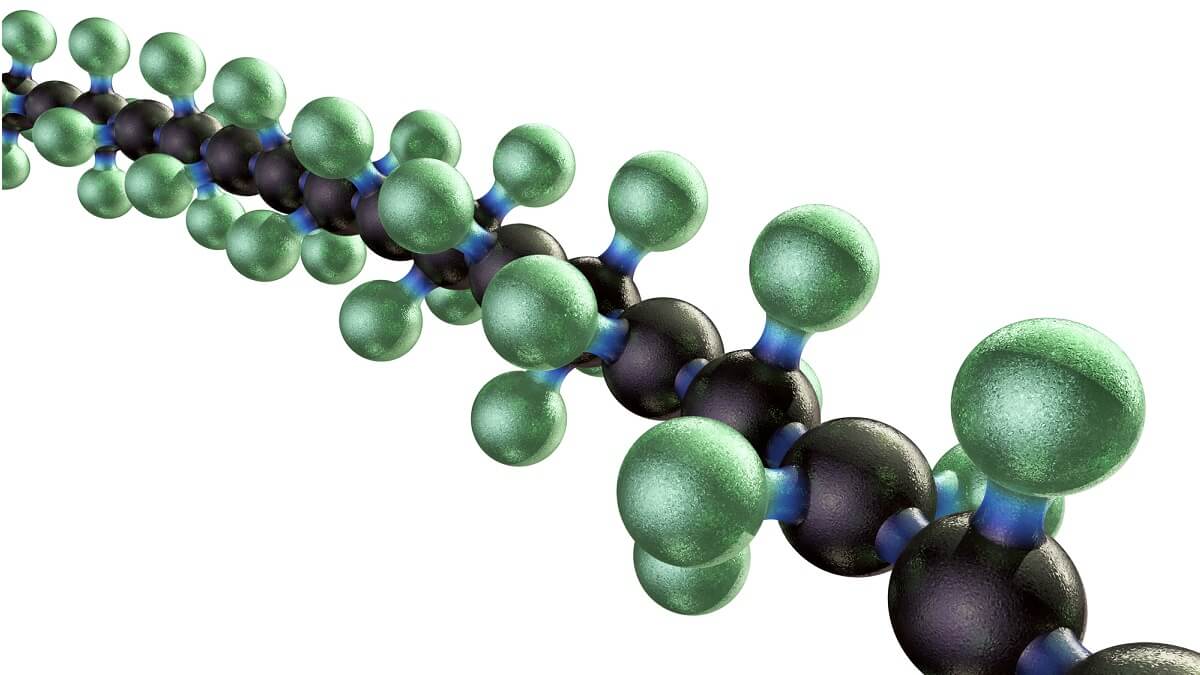Reusing Polymers: Advertising a Circular Economic Climate
Reusing Polymers: Advertising a Circular Economic Climate
Blog Article
Checking Out the Varied Applications and Benefits of Polymers in Different Industries
Polymers, with their diverse array of buildings and functionalities, have become crucial in different sectors, each gaining unique advantages from their application. From boosting safety and performance in the auto field to changing clinical devices in the healthcare industry, polymers play a crucial duty.
Automotive Market Applications
Polymers play a pivotal role in enhancing the performance and durability of different parts within the automobile industry. One noticeable use of polymers in the vehicle market is in the production of light-weight elements.

Healthcare Market Advantages
In various medical care applications, the advantages of making use of polymers are widely recognized for their diverse series of beneficial residential properties. Polymers play a vital duty in the healthcare sector because of their flexibility, biocompatibility, and cost-effectiveness. One of the primary benefits of polymers in healthcare is their capacity to be tailored to details requirements, such as versatility, sturdiness, and biodegradability, making them perfect for a large range of medical applications.
Polymer-based products are thoroughly made use of in clinical tools, such as catheters, implants, prosthetics, and medication delivery systems, as a result of their biocompatibility and capacity to resemble all-natural cells. These materials can reduce the threat of allergies or beings rejected, enhancing client safety and outcomes. Additionally, polymers are light-weight, making them appropriate for wearable clinical gadgets and making certain person comfort.
Additionally, polymers enable the development of cutting-edge therapy methods, such as hydrogels for cells engineering and nanocomposites for targeted drug delivery. Their simplicity of processing and sanitation makes them necessary for preserving high requirements of health in healthcare setups. Generally, the varied benefits of polymers contribute significantly to advancements in clinical technology and person treatment.
Ecological Advantages of Polymers

Additionally, polymers can add to power cost savings because of their light-weight nature. In sectors such as transport, light-weight polymer products can help reduce fuel consumption and greenhouse gas discharges. Furthermore, polymers can enable the development of energy-efficient products such as insulation materials that improve energy conservation in buildings.
Furthermore, polymers play a critical function in reducing water contamination. For instance, the use of website link polymer-based filtration systems can properly get rid of toxins and impurities from wastewater, safeguarding water resources and communities. In general, the environmental advantages of polymers make them beneficial properties in promoting sustainability and environmentally friendly techniques across numerous industries.
Polymers in Electronic Devices and Innovation
Considering the enhancing demand for ingenious and lasting remedies in modern-day markets, the integration of sophisticated polymer innovations in the realm of electronics and these details technology has emerged as a pivotal approach for driving efficiency and performance. Polymers have transformed the electronic devices industry by enabling the production of lighter, a lot more versatile, and long lasting digital gadgets. From smartphones to medical tools, polymers play a critical duty in boosting item layout and capability.
One significant advantage of polymers in electronics is their shielding properties, which assist secure fragile electronic components from environmental variables and electric disturbance. In addition, polymers are important in the advancement of adaptable display screens, wearable technology, and published electronics, offering limitless opportunities for producing smart and interconnected devices.
Furthermore, the usage of polymers in digital packaging has caused developments in miniaturization and thermal monitoring, improving the general efficiency and reliability of digital systems. As innovation remains to evolve, the flexibility and versatility of polymers will undoubtedly drive additionally advancement in the electronic devices sector, forming the future of modern technology.
Function of Polymers in Building And Construction and Infrastructure
Polymers use various benefits in the construction market due to their convenience, toughness, and cost-effectiveness. One key duty of polymers in construction is their usage in finishes and sealers, offering protection versus environmental aspects such as wetness, page UV radiation, and corrosion.
In addition, polymers play a critical role in sustainable building methods by enabling the development of energy-efficient frameworks. Protecting products made from polymers help regulate interior temperature levels, minimizing the need for heating and cooling down systems and ultimately lowering energy usage. In addition, making use of polymer-based composites in framework jobs such as bridges and roadways boosts their longevity and minimizes maintenance costs. Generally, the consolidation of polymers in construction and infrastructure displays their substantial effect on modern design practices.
Conclusion
In verdict, polymers play a crucial role in various industries such as automobile, health care, environmental, electronics, and building. Their versatile residential properties make them important in developing cutting-edge options and items. From boosting fuel efficiency in cars to boosting clinical devices, polymers provide various advantages. Furthermore, their influence on minimizing waste and advertising sustainability highlights their value in modern-day applications. The widespread usage of polymers demonstrates their significant payment to advancing innovation and improving top quality of life.
Report this page